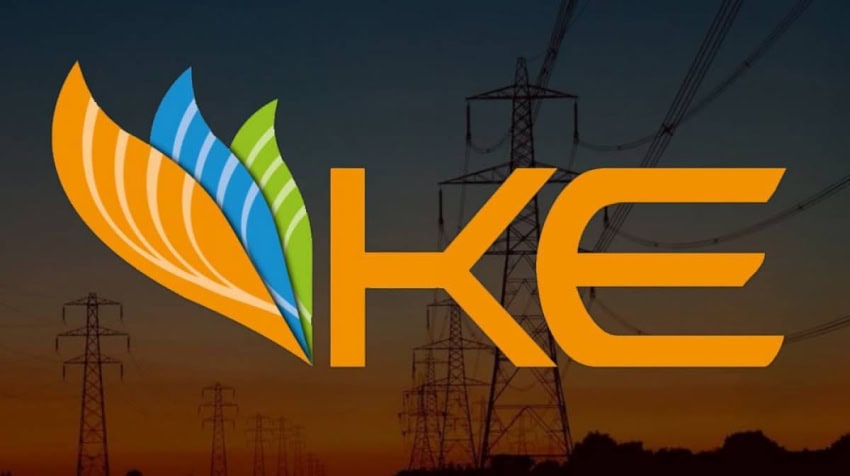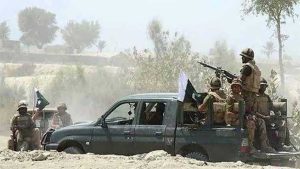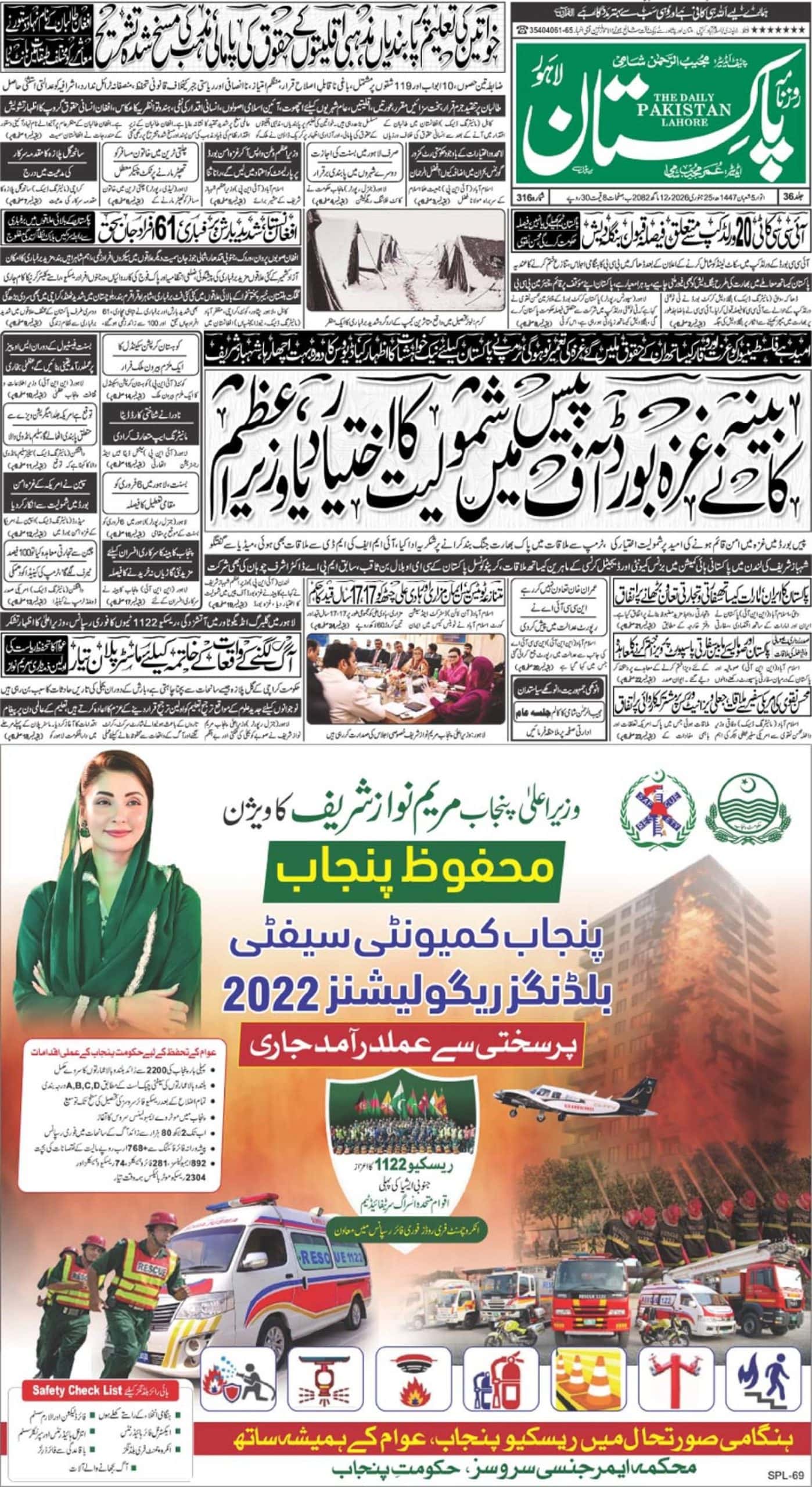ISLAMABAD – The Economic Coordination Committee (ECC) on Monday approved the increase in power tariff for Karachi-Electric (KE) consumers.
The consumer prices will increase around Rs5 per unit, including the applicable taxes and charges.
Chairing the ECC meeting, Finance Minister Ishaq Dar also made revisions to the national electricity transmission policy to allocate two projects to Gulf countries, aligning with the directives of the Special Investment Facilitation Council (SIFC).
Among the key decisions, the ECC sanctioned an incentive package of Rs80 billion to promote foreign remittances and also greenlit a subsidy package of Rs30 billion aimed at assisting the most economically disadvantaged customers of the Utility Stores Corporation (USC).
The committee endorsed a proposal to implement a standardized tariff structure for K-Electric (KE) consumers, ensuring tariff rationalization. This involves adjustments to the tariff structure for the consumption during April, May, and June of 2023.
The resultant cost, including taxes and charges, will translate to an approximate increase of Rs5 per unit for consumers. This increased tariff will be spread over three months – July, August, and September of 2023.
Further, the ECC expedited the tariff approval process and sanctioned new guidelines for the National Electric Power Regulatory Authority (Nepra). Nepra will determine quarterly tariff applications for government-owned distribution companies to maintain consistent pricing across the nation. This tariff structure will also be considered for changes in KE tariffs.
The committee advised that subsidies linked to the determined tariffs will be evaluated annually, moving away from the current monthly or quarterly assessment.
Regarding the Transmission Line Policy 2015, the ECC granted approval for proposed amendments put forward by the Ministry of Energy. These amendments aim to incorporate two energy projects, specifically the 2,000 MVAR Reactive Compensation and the 1,000 MVAR Battery Energy Storage System, into the scope of the policy.
These projects, categorised as ancillary services, have been endorsed by the joint civil-military SIFC for presentation to Gulf nations. This initiative is part of a larger set of 28 projects, including 10 in the power sector, SIFC has approved for negotiation with Gulf countries.
The ECC approved the awarding of these projects to Gulf countries on a cost-plus basis, with the concession term extending up to 15 years, contingent on the nature of the projects.
Additionally, the ECC approved a package of Rs79.5 billion to incentivize commercial banks to bolster home remittances, which saw a decline of $4 billion in the previous fiscal year due to unfavorable exchange rate policies.
The committee endorsed an increase in telegraphic transfer charges from 20 Saudi riyals to 30 riyals per $100, aimed at offsetting the elevated global cost of conducting business. It also agreed upon substantial enhancements in incentives for incremental growth in remittances from banks.
Furthermore, the ECC authorized the State Bank of Pakistan (SBP) to modify the limit for granting incentives to exchange companies, altering the existing ceiling of 100% surrender of dollars from the open market in the inter-bank market to qualify for the Rs1-per-dollar incentive.
The ECC also endorsed the introduction of a lucky draw scheme and allocated Rs20.5 billion to incentivize remittances, while discontinuing the M-Wallet remittance scheme.
Lastly, the ECC granted a supplementary grant of Rs3 billion for the Prime Minister’s Health Insurance Scheme for media workers, journalists, and artists, as well as approved the allocation of the Film Finance Fund to the Ministry of Information and Broadcasting.
NEPRA approves Rs1.61 per unit increase in electricity price














